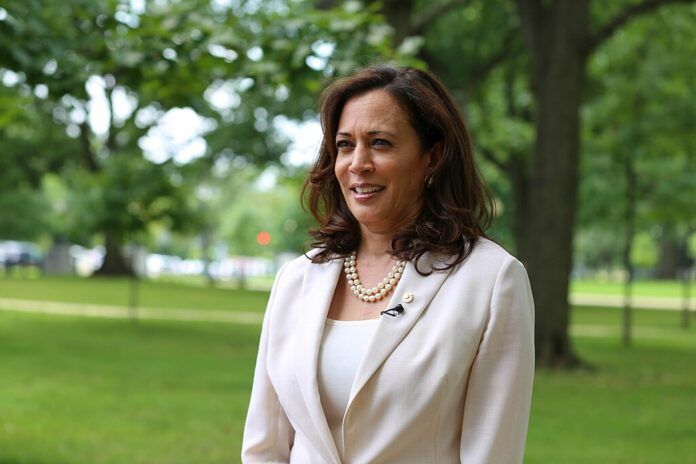Voters didn’t reject Harris due to “woke” activism but because the democratic party neglected their economic pain and failed to address pressing issues
In the wake of Kamala Harris’s 2024 loss, many are quick to blame “woke” advocacy groups, accusing them of pushing extreme policies that alienated voters and led to Donald Trump’s victory. Critics like Adam Jentleson claim that activist-driven rhetoric turned voters away. However, the real reason behind Harris’s defeat lies in the Democratic Party’s failure to address the economic distress of working-class Americans. Despite the noise from activist groups, it was the party’s leadership and their failure to enact tangible change that led to this loss.
The Democratic establishment often targets grassroots activists, particularly those pushing for progressive policies on issues like healthcare, immigration, and climate change. These activists—especially young Black, brown, and white millennials—are often accused of pushing an agenda that is out of touch with working-class voters. However, the real culprits are much larger forces within the Democratic Party: corporate donors, lobbyists, and consultants who shape the party’s priorities.
For years, the Democratic leadership has resisted bold reforms, from pushing back against the Build Back Better agenda to quashing meaningful changes to Big Tech and healthcare. Corporate interests, particularly Wall Street and Silicon Valley, pour billions into Democratic campaigns, influencing the party to avoid policies that would challenge the status quo. This has left voters feeling unrepresented and abandoned, particularly those hit hardest by rising inflation and stagnant wages.
Kamala Harris, in her campaign, was heavily influenced by corporate advisors, who pushed her to cozy up to wealthy celebrities and business figures rather than adopting a populist stance. This alienated many of her core supporters who hoped for policies aimed at addressing their economic struggles. Instead, the campaign focused on issues like democracy and abortion, which, while important, didn’t resonate as strongly with working-class voters seeking immediate economic relief.
The Biden administration’s failure to push through bold reforms like Build Back Better also contributed to the loss of support from key voter groups. This landmark proposal, which would have delivered substantial benefits like expanded child tax credits, paid leave, and universal childcare, was blocked by centrist Democrats like Senators Joe Manchin and Kyrsten Sinema. As a result, the administration was left with piecemeal legislation whose long-term benefits would not be felt for years, deepening the sense of alienation among the electorate.
In 2024, youth turnout dropped significantly, and while Harris managed to maintain a slight advantage over Trump among young voters, the energy that had propelled the Democrats to victory in 2020 was gone. The failure to engage young voters on critical issues like healthcare, student debt, and economic security allowed Trump to capitalize on populist messages, despite their false and divisive rhetoric.
Harris’s campaign also struggled with messaging. While populist economic messages resonated with voters, her campaign avoided these issues in favor of a more corporate-friendly tone. The Democrats’ refusal to adopt a clear and compelling narrative on economic reform allowed Trump to dominate the political conversation, despite his inflammatory rhetoric.
Furthermore, Democratic elites continue to scapegoat the left, accusing activists of driving away voters. But as Benjy Sarlin points out, polarizing moments during Democratic primaries, such as Beto O’Rourke’s comments on gun control, were driven by candidates themselves, not activists. This rhetoric was often a reaction to a competitive primary and was not a direct result of external pressure from advocacy groups.
The left’s push for progressive change, particularly on issues like immigration and racial justice, remains central to the party’s identity. Yet, rather than embracing these changes, many Democrats have instead focused on appeasing corporate donors, further distancing themselves from the needs of working-class voters. The backlash against “wokeness” is often based on vague critiques, which offer no concrete solutions for the issues facing ordinary Americans.
To move forward, Democrats must confront these deeper structural issues and avoid the temptation to scapegoat activists. True change can only occur when the party stands firm on the issues that matter most to the public—economic justice, healthcare, and a fairer society. By embracing populist reforms and rejecting the influence of corporate donors, Democrats can rebuild trust with voters and create a platform that addresses the real crises of our time.
